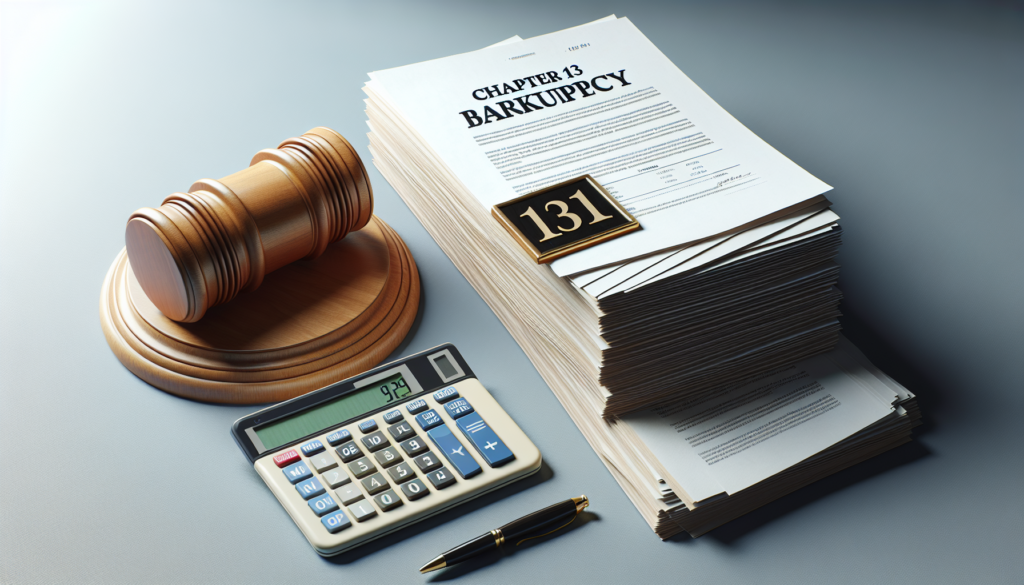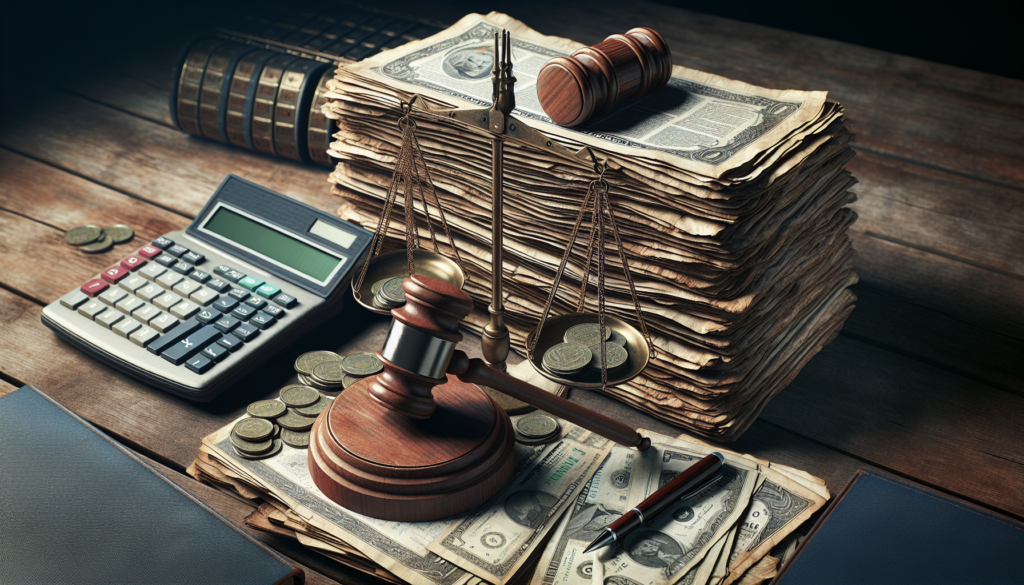
Paying back as little as possible under a Chapter 13 bankruptcy involves understanding how your repayment plan is calculated and what factors can influence the amount you’ll need to repay your creditors. Here are some strategies and considerations to help minimize your Chapter 13 plan payments:
-
Understand Your Disposable Income:
- Your Chapter 13 plan payment is largely based on your disposable income—the amount of money you have left after paying for necessary living expenses. Accurately calculating your income and allowable expenses is crucial. Ensure that all legitimate expenses are accounted for so that your disposable income reflects your true financial situation.
-
Use Applicable Exemptions:
- Make sure you’re using all applicable exemptions to protect your assets. While exemptions more directly impact Chapter 7 bankruptcy, they can also influence Chapter 13 by affecting the non-exempt asset value that you must pay to unsecured creditors.
-
Classify Your Debts Correctly:
- Understand the difference between secured, priority, and unsecured debts. Your plan must pay certain debts, like secured and priority debts, in full. Minimizing payments generally applies to non-priority unsecured debts, where you might not have to pay the full amount owed.
-
Propose a Feasible Plan:
- Your plan should reflect your ability to pay. If your income decreases or your necessary expenses increase, your plan payment should be adjusted accordingly. Always inform your attorney of changes in your financial situation.
-
Challenge Claims If Necessary:
- Review all claims filed by creditors. If a claim seems incorrect or inflated, you can challenge it. Reducing the total claims can lower the amount you need to repay, especially for non-priority unsecured debts.
-
Consider the Length of Your Plan:
- The length of your plan (3 to 5 years) can affect how much you pay back. If you can propose a feasible 3-year plan based on your disposable income, you might pay less overall compared to stretching payments out over 5 years, especially if you have a significant amount of disposable income.
-
Consult with Your Attorney:
- Work closely with your bankruptcy attorney to develop a strategy that minimizes your payment obligations while still complying with legal requirements. An experienced attorney can provide valuable guidance on optimizing your expense deductions and structuring your plan.
-
Monitor Your Plan and Stay Informed:
- Stay informed about your case and monitor your plan’s progress. If your financial situation changes, you may be able to modify your plan to reflect your new circumstances, potentially reducing your payments.
Minimizing your repayment in a Chapter 13 bankruptcy involves a thorough understanding of your finances, the bankruptcy process, and strategic planning. It’s essential to work with a knowledgeable bankruptcy attorney who can guide you through the process, help you optimize your plan, and ensure that you’re meeting all legal requirements while minimizing your repayment obligations.


Get a Free Bankruptcy Case Evaluation